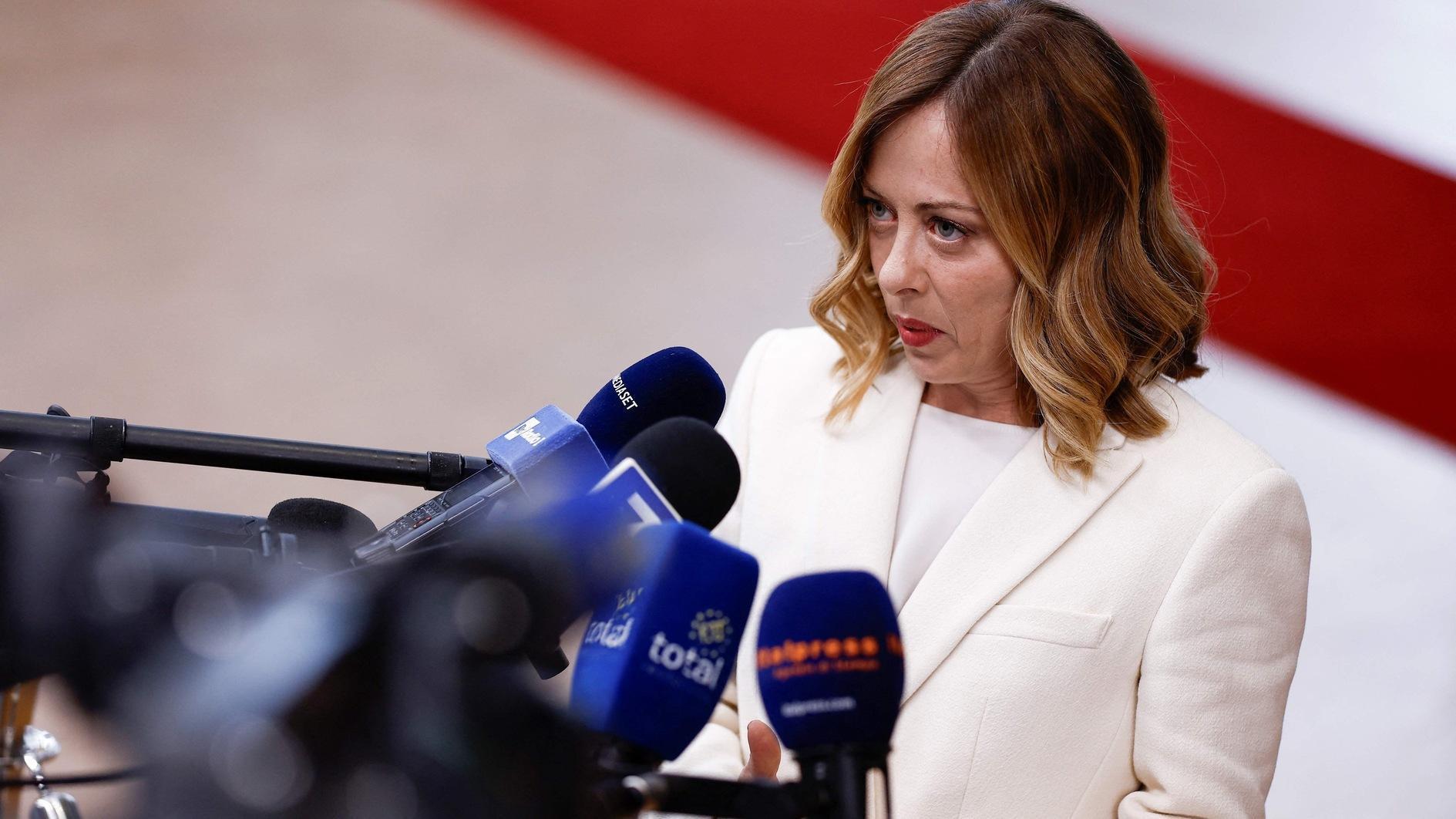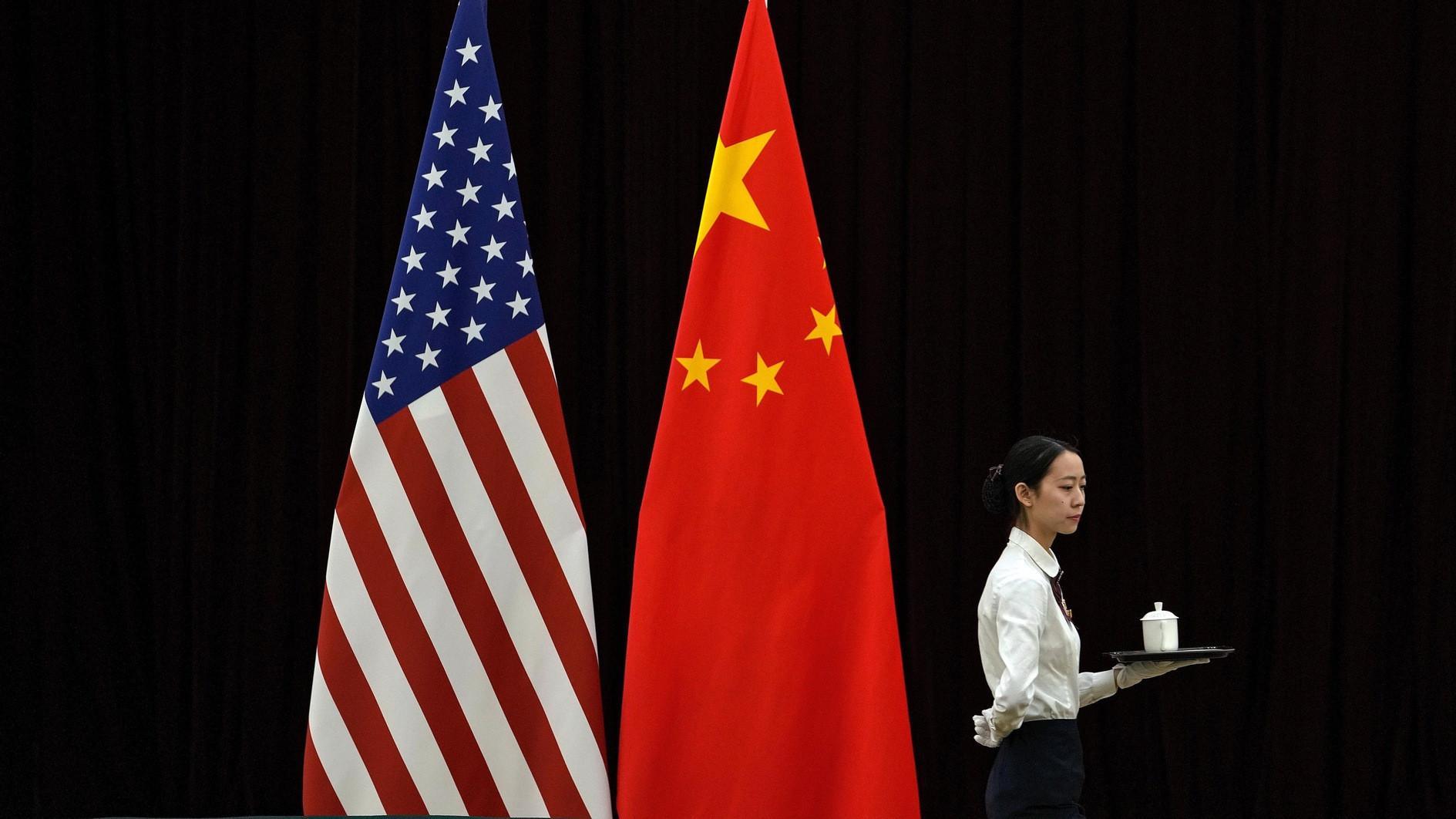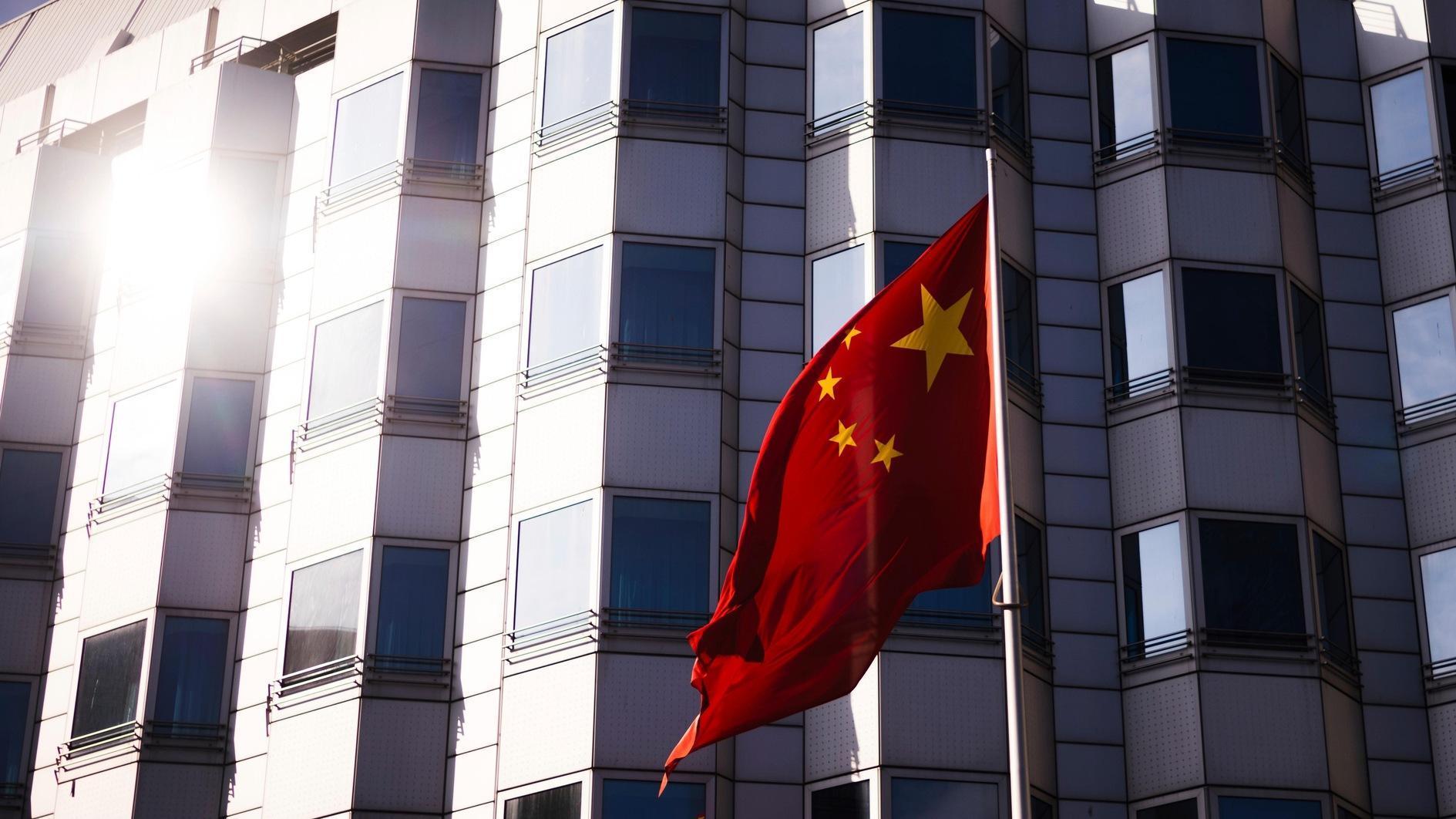‘In the name of Islam’
Last week police fired rubber bullets and tear gas at the Islamic group “Tehreek-i-Labaik Ya Rasool Allah Pakistan” after it staged a days-long sit-in process in the town of Feyzabad in Pakistan.
In the ensuing conflict, 8,000 security guards intervened, leaving one dead and many injured. The protest had caused major traffic jams by blocking a principle highway to Islamabad. The incident may be local, but the problem it touches on has a broad significance.
The protesters were demanding the resignation of Pakistan’s law minister, Zahid Hamid, over an amendment to the oath that election candidates must swear. In Pakistani electoral law, election candidates are obliged to make the following oath in front of an official institution: “I fully swear that the Prophet Muhammad is the last prophet.” However, an amendment to the law on Oct. 5 changed this vow to: “I believe that the Prophet Muhammad is the last prophet.”
To the aforementioned Islamic group, the new vow amounted to blasphemy. Their protest aimed to turn the expression back to “fully swear,” which is a stronger expression.
There are a couple of key questions that we should consider. Firstly, are not many wrongs covered under a religious veil?
Secondly, what are Muslims doing with their time? The population of India is six times larger than that of Pakistan, but it produces 10 times the amount of scientific publications.
Article 51 of Pakistan’s Constitution provides a quota for women and non-Muslims, paving the way for a form of positive discrimination. Identifying women is easy, but what about religion?
In a democratic country, those who declare their religion can also perform religious duties, since matters of religion do not affect individual rights. “Equal citizenship” rights form the basis of this understanding. In the country’s electoral law, Muslims who become election candidates are required to make a “sworn declaration,” which has led to certain Islamic groups such as the “Ahmadiyya” to feel themselves excluded. The Ahmadiyya is the only Islamic organization to believe that the long-awaited Messiah has already been and gone in the person of Mirza Ghulam Ahmad (1835-1908) of Qadian.
Swearing that Muhammad is the last prophet is therefore problematic for them.
In order to ease this problem, they adopted the weaker “I believe” declaration instead of “I swear.” The afore-mentioned “Tehreek-i-Labaik” group, as well as some other religious groups, fiercely oppose the alteration. Should rights and freedoms be defined according to religious grounds or secularist notions of “equal citizenship,” which do not discriminate on religious grounds?
Ottoman Sultan Mahmud II famously said that he considered his people equal regardless of their religion. He thus earned himself the title “infidel sultan” for his supposed secular sympathies.
In 1910, Mustafa Sabri Efendi, the last Shaykh al-Islam (spiritual leader) of the Ottoman Empire, wrote the following words in the “Beyanül Hak” magazine: “In Constitutionalism, the worldly justice of Muslims and Christians will be equal. The difference between Muslims and Christians must only be visible at mosques and churches.” These apparently secularist sympathies seem to contradict Mustafa Sabri’s fierce resistance to Mustafa Kemal Atatürk’s militantly secularist regime following the toppling of the Ottoman caliphate. His constant rebellion against the new order was enough to get him exiled.
Nowadays there are many Islamic countries that lag behind the Ottomans in terms of justice. Muslims today must reflect on why justice must remain secular, equal and free.











